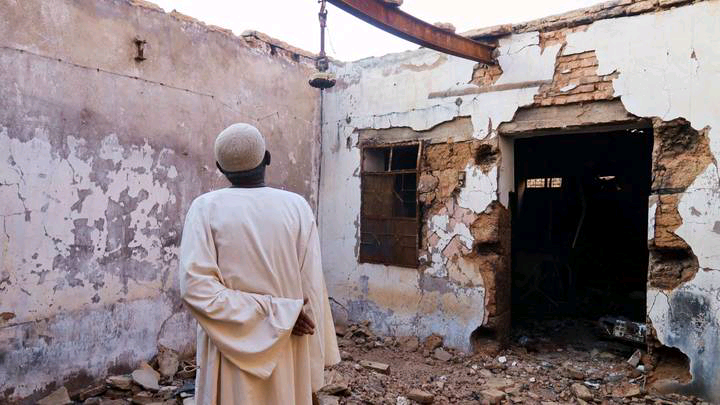By: Chioma Madonna Ndukwu
The World Health Organization (WHO) has expressed deep concern over the recent deadly attacks in Sudan’s Darfur region, which have claimed dozens of lives and left many others injured. WHO chief Tedros Adhanom Ghebreyesus described the airstrike on Kabkabiya, North Darfur, which killed at least 80 people and injured hundreds, as “shocking.” He extended condolences to the affected communities. The pro-democracy Emergency Lawyers group reported an even higher death toll, claiming more than 100 victims, including women and children, during the strike at the town’s weekly market.
This violence is part of ongoing strikes across Sudan, where the army and the paramilitary Rapid Support Forces (RSF) have been accused of indiscriminately targeting civilians and bombing residential areas. The conflict, which began in April 2023, has devastated the country, causing tens of thousands of deaths and displacing over 12 million people, with almost nine million displaced internally. The country is facing a dire humanitarian crisis, with nearly 26 million people, or half the population, suffering from acute hunger.
In Darfur, a region now largely controlled by the RSF, healthcare systems are crumbling, with limited medical supplies and non-functional equipment. Despite WHO’s efforts to deliver emergency trauma supplies, the situation remains critical. Tedros emphasized that health facilities are struggling to meet basic health needs, further exacerbating the suffering.
The ongoing conflict in Sudan, particularly in Darfur, is a stark reminder of the profound human cost of war. With millions displaced and entire regions plunged into chaos, it’s evident that the international community must prioritize swift and substantial intervention to address both the immediate humanitarian needs and the long-term peacebuilding efforts to end the violence.


